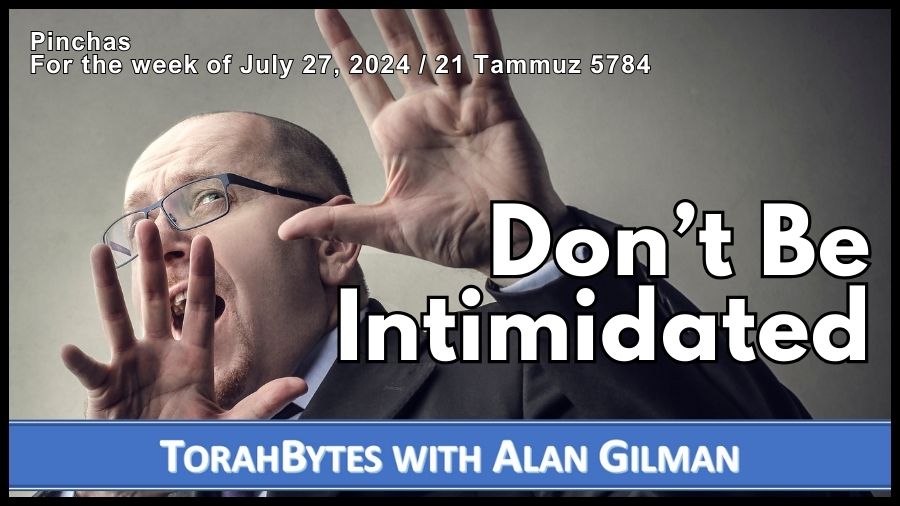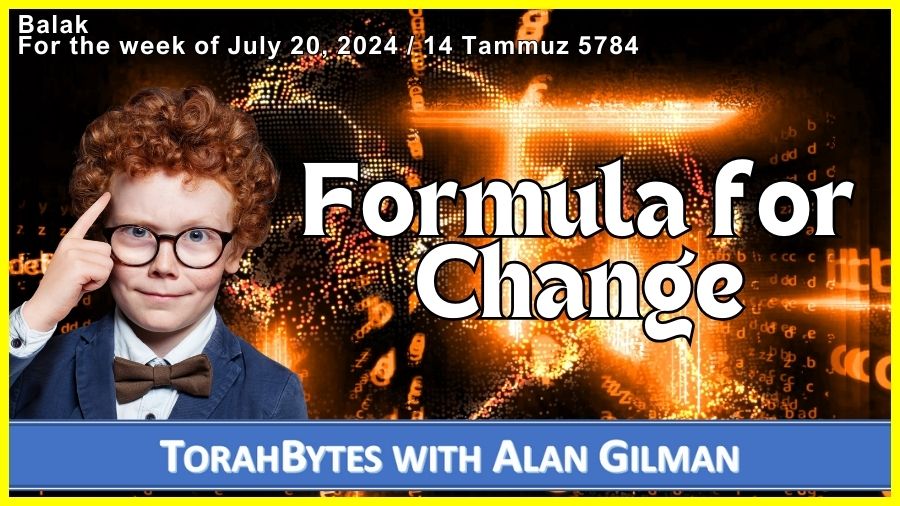For the week of July 27, 2024 / 21 Tammuz 5784

Pinchas
Torah: B’midbar Num 25:10 – 30:1 (English: 25:10 – 29:40)
Haftarah: Jeremiah 1:1 – 2:3
Originally posted the week of July 11, 2015 / 24 Tammuz 5775
But you, dress yourself for work; arise, and say to them everything that I command you. Do not be dismayed by them, lest I dismay you before them. (Jeremiah 1:17)
We are in a culture war. That’s nothing new. A biblical case can be made that we have always been in one. When God pronounced judgement in the Garden of Eden following our first parents’ disobedience, he said to the Tempter, “I will put enmity between you and the woman, and between your offspring and her offspring; he shall bruise your head, and you shall bruise his heel” (Bereshit/Genesis 3:15). This verse, the first messianic prophecy, looks forward to the Messiah’s eventual defeat of the Evil One, but there is something else here that is often overlooked, the enmity God placed between the serpent and the woman. When Adam and Eve sinned, God didn’t give the human race completely over to evil, but instead caused there to be a great struggle between the forces of good and the forces of evil. This clash is a key theme of the biblical story, what we might call the culture war.
In Scripture, the culture war finds two main expressions. The first is in the development of the nation of Israel as they are called out of Egypt and into the Promised Land. Under the Old Covenant Israel functioned more or less in isolation. Particular laws were given them to keep them separate from other cultures. They were not to concern themselves with the affairs of the outside world, except to prevent its influence. Eventually, through the latter prophets, God began to build an expectation within the nation that one day his reign would extend beyond their borders to encompass the entire world. How that would come about was not made clear until the Messiah’s coming and the establishment of the New Covenant.
Which brings us to Scripture’s second main expression of the culture war. Beginning with Yeshua’s early Jewish followers, it was time for the reign of God to be proclaimed everywhere. The new mandate for God’s people would no longer be one of preservation and purity of the nation but the call to the reconciliation and transformation of all peoples.
A major difference between these two expressions is found in the tools given us to fight this war. Under the Old Covenant, Israel was to enforce its cultural isolation through corporal punishment of its own members who put the nation’s integrity at risk and by the sword against the threat of foreign enemies. Under the New Covenant, we are given words. As Paul writes:
For although we do live in the world, we do not wage war in a worldly way; because the weapons we use to wage war are not worldly. On the contrary, they have God’s power for demolishing strongholds. We demolish arguments and every arrogance that raises itself up against the knowledge of God; we take every thought captive and make it obey the Messiah (2 Corinthians 10:3-5; CJB)
Sometimes I think the opponents of God’s Word understand this better than those who are called to proclaim it as they boldly assert their viewpoints without apology. The cultural changes we are seeing happening around us today are the result of a concerted effort that will not back down. In addition, its proponents have been very effective at shutting down dissent through intimidation, creating a great lack of confidence among God’s people.
In this week’s Haftarah portion, we read that when Jeremiah was called by God, he was solemnly warned against giving in to intimidation. The Hebrew word “chatat” refers to being emotionally shattered, resulting in a loss of confidence. Thus our translation uses the English “dismayed,” which is what happens when we give in to intimidation. In effect, God told him that giving in to intimidation would create an even greater sense of intimidation. If we don’t have confidence in God and his Word, he will not give us the courage we need to stand against those who oppose him and his followers.
How do we learn to not be intimidated by the opposition? First, we need to know what God is really saying. It’s not good enough to spout traditional values without knowing God-given truth as taught by Scripture. Second, we ourselves need to be people of integrity, living according to what we claim to believe. Hypocrites have no foundation on which to stand. And finally, we need to speak God’s Truth boldly and clearly. We don’t have to give in to fear. As we stand confidently upon the rock of God’s word, we will discover how secure it really is.
Scriptures taken from the English Standard Version unless otherwise indicated








